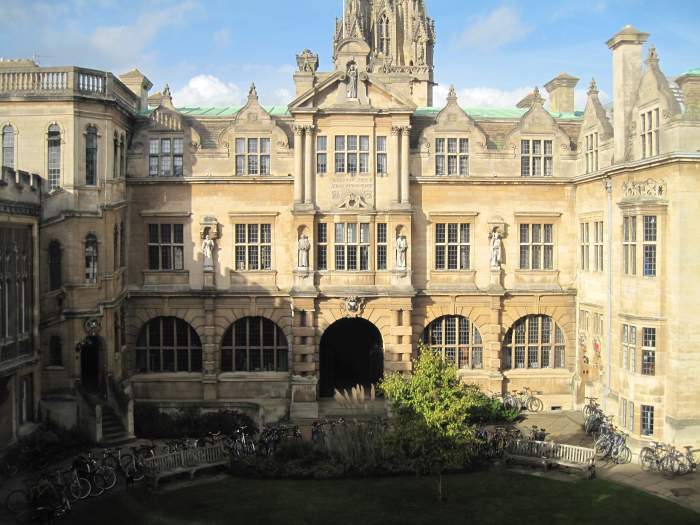In episode 18 of Sacred and Profane Love, I speak with my friend, Fr. Gregory Maria Pine, O.P., about the virtue of hope in Cormac McCarthy’s painfully beautiful novel, The Road (which earned him the Pulitzer Prize for fiction in 2007). In our conversation, we talk about why hope requires an open future and a sense of uncertainty, and how hope is a state of character that strikes a middle position between presumption and despair. We also explore the essential connections between hope and love, and how this plays out in the relationship between the man and the boy who must journey down the road together.
I am also excited to announce that you can now follow the podcast on twitter; our twitter handle is: @eudaimoniapod. Please consider following us on Twitter or Facebook, subscribing to our feed on Soundcloud or iTunes, or generally spreading the word about the podcast among your like-minded friends. At present we get between 1500-2000 downloads per episode, but we are trying to build our audience. The more support we get, the more we are able to do to produce quality episodes you want to listen to!
I hope you enjoy the conversation!
Fr. Gregory Pine, O.P. serves presently as the Assistant Director for Campus Outreach with the Thomistic Institute in Washington, DC. Born and raised near Philadelphia, PA, he attended the Franciscan University of Steubenville, studying mathematics and humanities. Upon graduating, he entered the Order of Preachers in 2010. He was ordained a priest in 2016 and holds an STL from the Dominican House of Studies.
Jennifer A. Frey is Assistant Professor of Philosophy at the University of South Carolina. Prior to joining the philosophy faculty at USC, she was a Collegiate Assistant Professor of Humanities at the University of Chicago, where she was a member of the Society of Fellows in the Liberal Arts and an affiliated faculty in the philosophy department. She earned her Ph.D. in philosophy at the University of Pittsburgh, and her B.A. in Philosophy and Medieval Studies (with Classics minor) at Indiana University-Bloomington. She has published widely on action, virtue, practical reason, and meta-ethics, and has recently co-edited an interdisciplinary volume, Self-Transcendence and Virtue: Perspectives from Philosophy, Theology, and Psychology.
![]() Subscribe
Subscribe
Preview on iTunes
 Sacred and Profane Love is a podcast in which philosophers, theologians, and literary critics discuss some of their favorite works of literature, and how these works have shaped their own ideas about love, happiness, and meaning in human life. Host Jennifer A. Frey is assistant professor of philosophy at the University of South Carolina. The podcast is generously supported by The Institute for Human Ecology at the Catholic University of America.
Sacred and Profane Love is a podcast in which philosophers, theologians, and literary critics discuss some of their favorite works of literature, and how these works have shaped their own ideas about love, happiness, and meaning in human life. Host Jennifer A. Frey is assistant professor of philosophy at the University of South Carolina. The podcast is generously supported by The Institute for Human Ecology at the Catholic University of America.
Music credits, “Help me Somebody,” by Brian Eno and David Byrne, licensed under CC BY-NC-SA 2.5.
